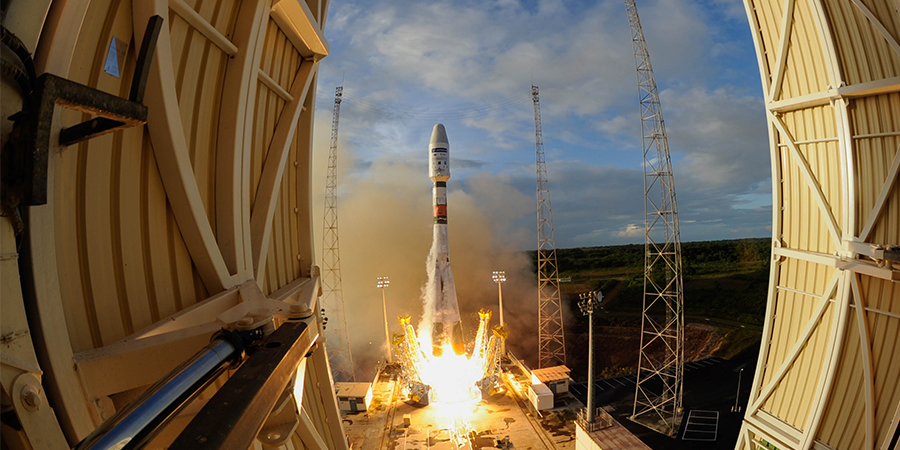Due to new challenges and increased international competition, the EU's space policy is set to evolve and adapt to safeguard the efficiency and security of current assets and continuously develop cutting-edge space technology.
With an estimated cost of €6 billion, the European Commission revealed two key initiatives for a more digital, green, and resilient future: regulation on a space-based secure communication system and an approach for space traffic management (STM).
The first initiative ensures the long-term availability of worldwide uninterrupted access to secure and cost-effective satcom services as well as high-speed internet connections across the EU while supporting the protection of critical infrastructures, surveillance, and other external actions. The system will also provide connectivity over geographical areas of strategic interest, such as Africa and the Arctic, as part of the EU Global Gateway strategy.
“Spurred by [this] technological progress, we see the emergence of various public-supported or subsidized non-EU mega-constellations in the US, China, and Russia, among others. At the same time, the geopolitical context, cyber and hybrid threats further prompt security and resilience concerns,” explained the Commission.
The initial development for secure connectivity could start as of 2023 while the full deployment with the integrated quantum cryptography allowing full services is in 2028. Furthermore, this initiative will also further boost the competitiveness of the EU space ecosystem, as the development of new infrastructure would provide a gross value added (GVA) of €17-24 billion and additional jobs in the EU space industry.
“Space is rapidly becoming densely populated with constellations and launch systems. Increasing congestion in space is threatening the viability and safety of space infrastructure and operations,” explained the Commission.
Thus, for the second initiative, the STM approach’s goal is to develop concrete initiatives, including operations and legislation, to promote the safe, secure, and sustainable use of space while preserving the EU's strategic autonomy and industry‘s competitiveness.
Read more: SpaceTech and telecom: Strengthening connectivity










